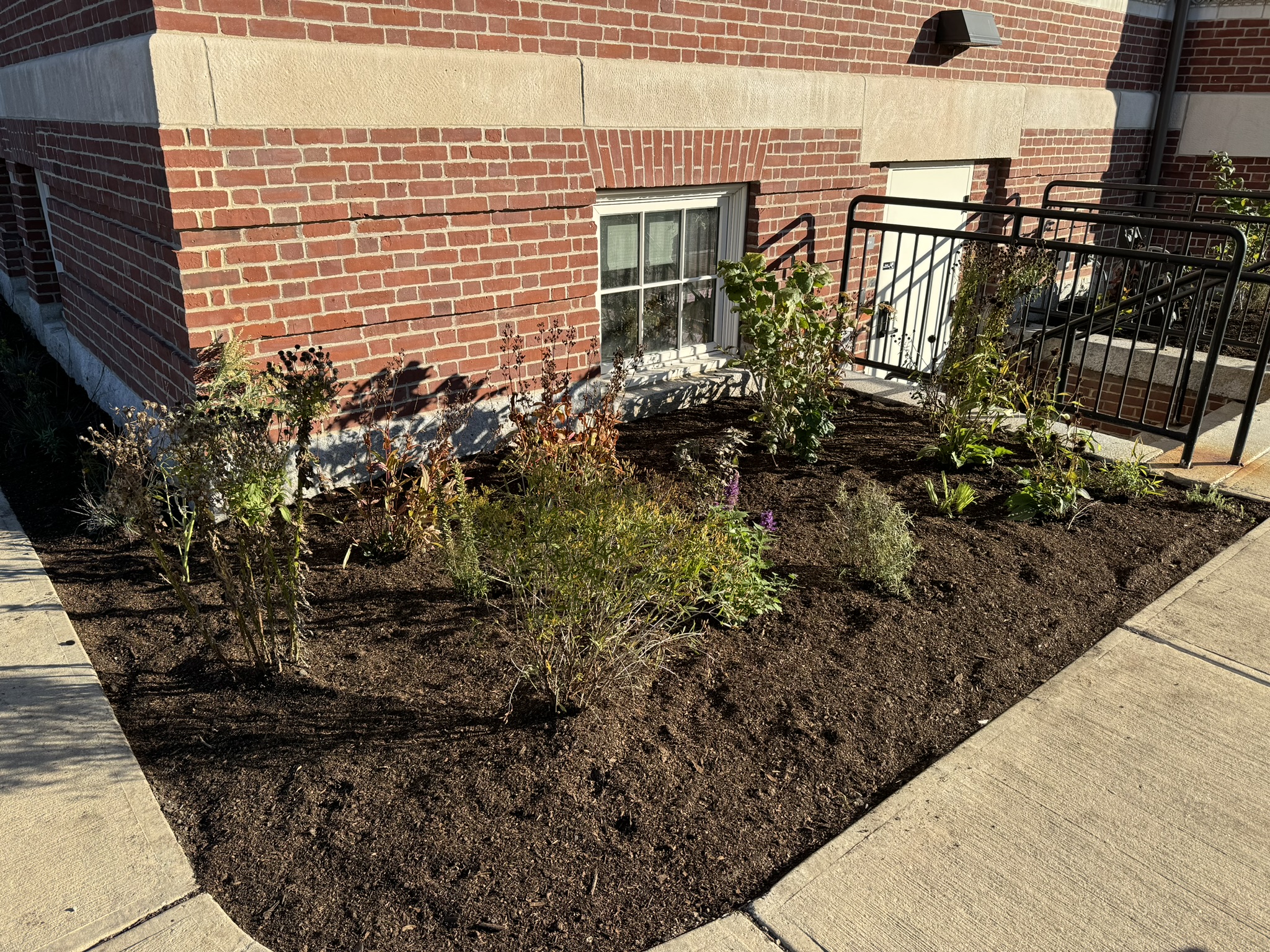We are excited to be using Rooted in Reading grant funds to put in a number of native plants around the library. Native plants are a critical part of the food chain and strengthen the local ecosystem. In addition to providing food and places for birds to rest and shelter, native plants support pollinators like bees, butterflies, and hummingbirds because non-native plants may not provide enough nectar or pollen. Example plants include: Fragrant Sumac, Mountain Mint, Golden Rod, Bluestem grass, and Swamp Milkweed.
Use our pass to “Garden in the Woods,” one of the Native Plant Trust’s eight properties in New England to learn more. Or check out some of these RPL resources:
-
-
- At home with nature : a guide to sustainable, natural landscaping
- The Northeast native plant primer : 235 plants for an earth-friendly garden
- Deer-resistant native plants for the Northeast
- Nature’s best hope : a new approach to conservation that starts in your yard
- Nature’s best hope : a new approach to conservation that starts in your yard
- Bringing Nature Home. How You Can Sustain Wildlife with Native Plants, Updated and Expanded
- Native plants for New England gardens.
- Native plants for New England gardens
- The bee-friendly garden : design an abundant, flower-filled yard that nurtures bees and supports biodiversity
- A native plants reader
- Bringing Nature Home : How You Can Sustain Wildlife with Native Plants, Updated and Expanded
- Native trees, shrubs, & vines : a guide to using, growing, and propagating North American woody plants
-
Rooted in Reading is made possible by grant funds from the Institute of Museum and Library Services as administered by the Massachusetts Board of Library Commissioners.



